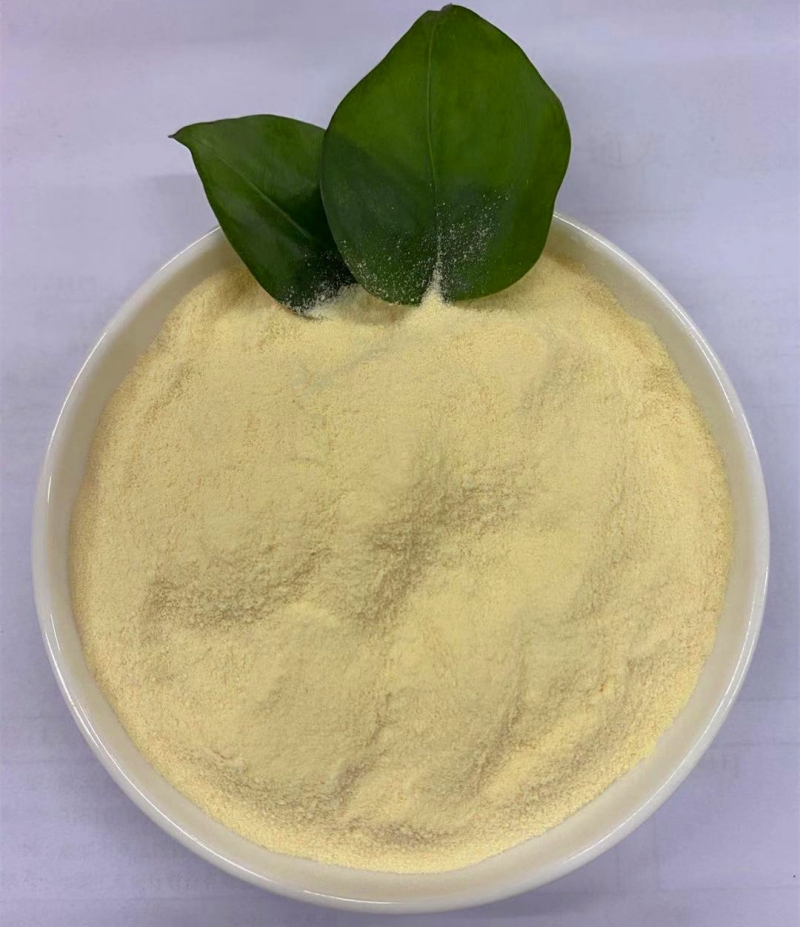Introduction
The revolution in organic agriculture has brought a myriad of natural compounds into the limelight, promising enhanced plant growth and yield. Among these, amino acids stand out as a potent factor in ensuring robust plant health and productivity.
How Do Amino Acids Help Plants Grow?
Amino acids, often termed as the building blocks of life, play a vital role in various plant functions:
- Protein Synthesis: Plants rely on amino acids to produce proteins, which are essential for cell structure, enzyme formation, and overall growth.
- Enhancement of Photosynthesis: Some amino acids contribute directly to the photosynthesis process, enabling plants to convert light into energy more efficiently.
- Stress Relief for Plants: During times of stress, such as drought or high salinity, amino acids act as natural stress relievers, helping plants cope and recover.
Understanding Amino Acids for Growth and Development
Just as humans need amino acids, plants too rely on them for their growth and development. Amino acids are organic compounds made of nitrogen, carbon, hydrogen, and oxygen, along with a variable side chain group. They play a critical role in plant physiology, impacting growth, development, reproduction, and overall health.
- Building Blocks of Proteins: In the intricate web of plant cellular functions, proteins are the primary actors, executing vital roles from cell structure maintenance to metabolic reactions. Amino acids are the basic units from which these proteins are synthesized.
- Hormonal Balance: Some amino acids influence the synthesis of plant hormones, maintaining the delicate balance necessary for processes like cell division, root development, and flowering.

The Most Important Amino Acids for Plant Growth
While all amino acids hold significance in plant physiology, some are especially vital:
- Lysine: Essential for calcium uptake, it plays a role in building plant resistance.
- Methionine: Integral for the synthesis of ethylene, a hormone crucial for fruit ripening.
- Threonine: Helps in the regulation of water use efficiency in plants.
Each of these amino acids, along with others, ensures plants thrive, reproduce, and yield quality produce.
Role and Importance of Amino Acids within Plants: A Review
Over the years, research has consistently highlighted the multifaceted roles of amino acids in plants:
- Catalysts in Biochemical Reactions: Acting as precursors for a variety of compounds, they fast-track many of the plant’s metabolic processes.
- Strengthening Plant Defense Mechanisms: Amino acids like proline help in osmoregulation, protecting plants against drought and high salinity.
- Aid in Nutrient Absorption and Transportation: Certain amino acids facilitate the uptake of nutrients, ensuring plants receive all the essential elements they require.
The Market Perspective: Amino Acid Powder for Plants
For those invested in agriculture, understanding the commercial aspect of amino acid products is pivotal:
- Amino Acid Powder Price: Typically more cost-effective in the long run, especially when considering the holistic health benefits they confer to plants.
- Buy Amino Acid Powder: It’s essential to source quality products. A genuine amino acid powder promises optimal plant growth and high yield.
- Amino Acid Powder Fertilizer vs. Traditional Fertilizers: While traditional fertilizers provide plants with essential nutrients, amino acid powders offer these plus the added benefits of improved stress resistance, better nutrient absorption, and enhanced growth.
- Amino Acid Powder for Plants: A choice for the modern farmer. Using this can lead to healthier plants and, by extension, healthier consumers.
- Compound Amino Acid Powder: A comprehensive solution, combining various amino acids to provide an all-in-one solution for plant health and growth.
Conclusion
Amino acids, with their myriad roles and benefits, are undoubtedly a boon for plants. Their influence on growth, development, stress resistance, and nutrient absorption makes them a superior choice for farmers and gardeners alike. As the world tilts towards organic and sustainable farming practices, products like amino acid powder for plants will undoubtedly lead the way.












